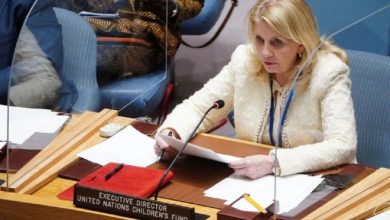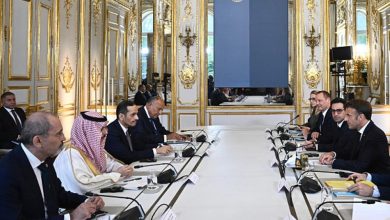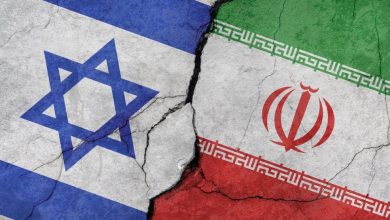UAE Accused of Fueling War in Sudan: Reports Reveal Support for Tribal Strife and Mercenaries
International reports highlight Abu Dhabi’s alleged role in exacerbating Sudan’s civil war through arms supplies, mercenary funding, and illicit gold trade.

Watan-Sudanese sources have revealed documented evidence of organized crimes supported by the UAE, aimed at inciting tribal strife, ethnic cleansing, and the division of Sudan as part of Abu Dhabi’s malicious schemes to gain influence and expand its reach.
Sudanese intellectual Taj Al-Sir Othman stated that hundreds of crimes have been documented by a specialized team, emphasizing that “what caught our attention was not the killings for the sake of control—since this is understood in war—but rather the commission of organized crimes with clear Emirati support.”
Othman explained that the UAE-backed organized crimes are “intended to fuel tribal discord, ethnic cleansing, and division, as well as to undermine the ethics of war, pushing Sudan to a point of no return.” He questioned, “Where does the UAE want to take Sudan?”
The Wall Street Journal confirmed that the UAE is spreading destruction and fueling fighting in Sudan by financing the recruitment of mercenaries and gradually turning the country’s conflict into an international war.
Meanwhile, the French newspaper Le Monde reported that the UAE has undermined efforts to establish a democratic alternative in Sudan and has instead worked to fuel the civil war as part of Abu Dhabi’s schemes for influence and expansion.
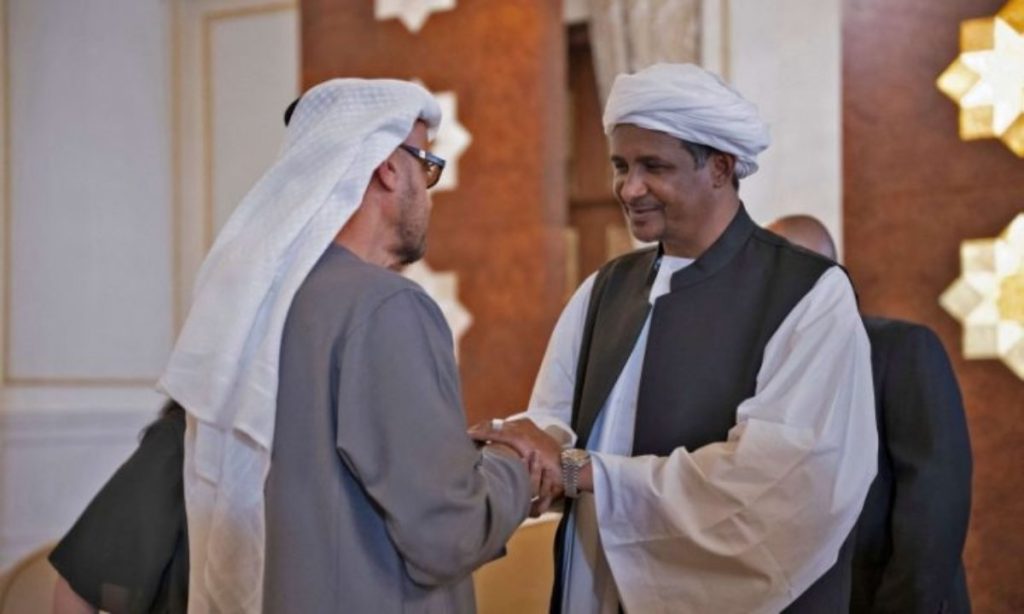
The newspaper published a report highlighting the humanitarian catastrophe engulfing Sudan, which requires a political agreement involving civilian forces rather than being limited to warlords who have been clashing since April 2023.
It noted that the Sudanese people gave the world a lesson in democracy when they peacefully overthrew dictator Omar al-Bashir’s regime in April 2019, after he had ruled the country for thirty years.
However, the newspaper pointed out that the democratic transition was halted in October 2021 due to a coup led by General Abdel Fattah al-Burhan, commander of the Sudanese Armed Forces, and Mohamed Hamdan Dagalo, commander of the Rapid Support Forces (RSF).
Due to their ambitious power struggles and conflicting interests, Burhan and Dagalo have been engaged in a fierce war since April 2023, which began in the capital, Khartoum, and gradually spread across the country. The war has resulted in tens of thousands of civilian casualties, particularly in Darfur, where the RSF—originally formed from militias responsible for the 2003 genocide—has carried out massacres against non-Arab populations.
According to Le Monde, Sudan’s suffering has not received significant international attention, except from powers that oppose the establishment of a democratic alternative in Khartoum, primarily the UAE, Saudi Arabia, and Egypt.
Similarly, the British newspaper The Guardian stated that the UAE is the biggest player in fueling the Sudanese civil war, which has been ongoing since April 2023 and is approaching its second year.
The newspaper stressed that a war in a poor country like Sudan could not continue at such intensity solely with weapons and financial resources from local players.
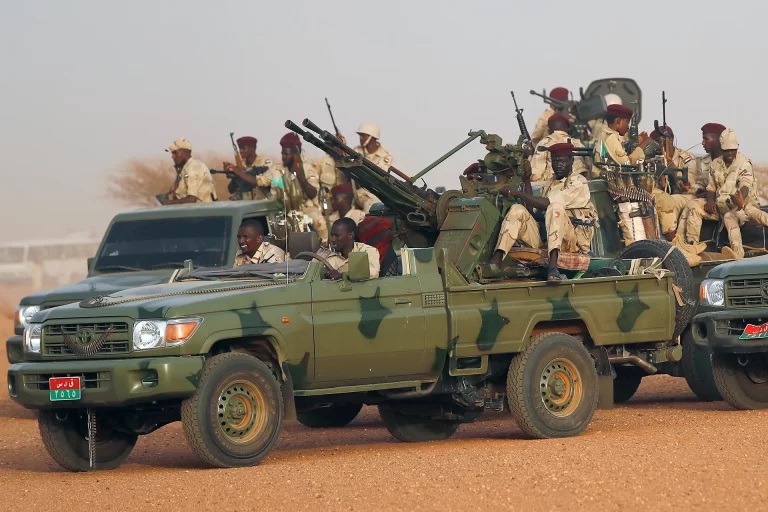
It warned that “wars in such countries persist because external parties fund them, while others turn a blind eye. The UAE is the biggest player in Sudan’s war.”
It further stated that the UAE has “a pattern of playing kingmaker in African wars, betting that if its chosen partner wins, Abu Dhabi will gain access to vast resources and geopolitical power.”
The newspaper added, “To this end, the UAE supplies the RSF with powerful weapons, drones, and even medical aid for its fighters. The country has also become the primary recipient of ‘blood gold,’ smuggled by both the army and the RSF in exchange for weapons and money.”



